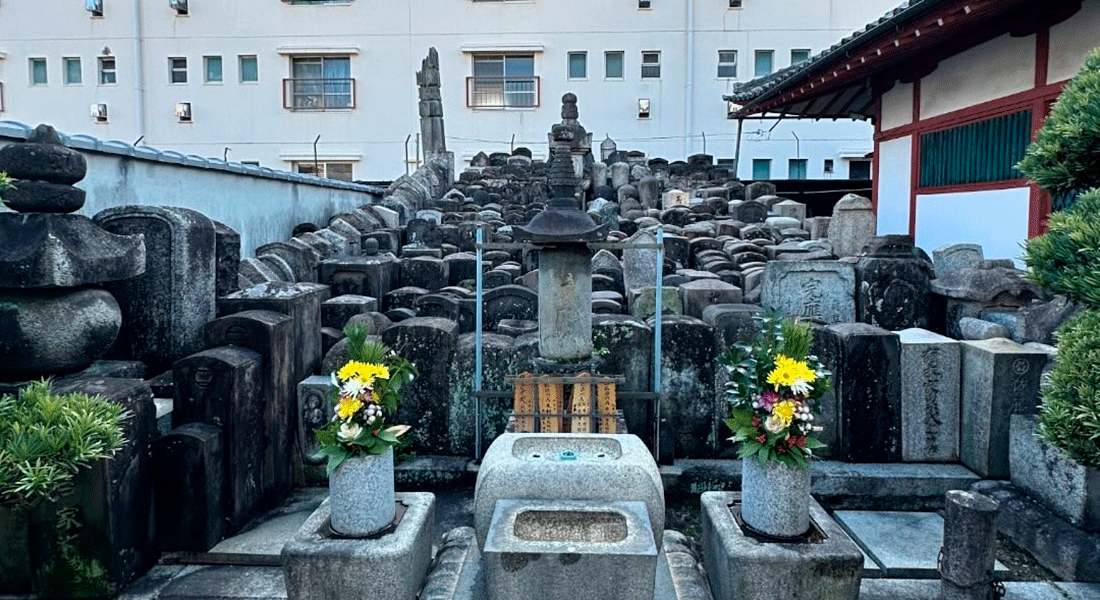Biographies of Excess
‘Biographies of Excess’ explores the question of excess in religious practice and how such a culturally and socially malleable concept comes to be imparted onto objects at times and in particular geographies. This workshop seeks to explore these issues through the lens of biographical approaches to religious ideas, objects, and people.
 In recent years, scholars have increasingly turned their attention to the intersections of religion, materiality, and the environment. From lavish ceremonies to extravagant artifacts, religious practices often involve the use of abundant resources, raising important questions about sustainability and ecological impact. ‘Biographies of Excess’ gathers scholars working across geographically and materially diverse landscapes to explore the question of excess in religious practice and how such a culturally and socially malleable concept comes to be imparted onto particular objects at particular times and in particular geographies. Whether excess is taken as given, ethnographically or analytically, the aim of this workshop is to attend to its material, discursive, and embodied traces, and reverberations, considering how scales and temporalities of excess can inform our understandings of religious practice in the communities marred with the shifting consumption patterns and environmental degradation. As such, we seek to understand what excess does, how it is experienced, understood, made to matter, and ignored. In so doing, excess appears not so much as the opposite of scarcity, but rather as a plurality of manifestations, shaping and being shaped by what excess variously enables, constrains, disrupts, and renders invisible across multiple scales and temporalities. This workshop seeks to explore these issues through the lens of biographical approaches to religious ideas, objects, and people.
In recent years, scholars have increasingly turned their attention to the intersections of religion, materiality, and the environment. From lavish ceremonies to extravagant artifacts, religious practices often involve the use of abundant resources, raising important questions about sustainability and ecological impact. ‘Biographies of Excess’ gathers scholars working across geographically and materially diverse landscapes to explore the question of excess in religious practice and how such a culturally and socially malleable concept comes to be imparted onto particular objects at particular times and in particular geographies. Whether excess is taken as given, ethnographically or analytically, the aim of this workshop is to attend to its material, discursive, and embodied traces, and reverberations, considering how scales and temporalities of excess can inform our understandings of religious practice in the communities marred with the shifting consumption patterns and environmental degradation. As such, we seek to understand what excess does, how it is experienced, understood, made to matter, and ignored. In so doing, excess appears not so much as the opposite of scarcity, but rather as a plurality of manifestations, shaping and being shaped by what excess variously enables, constrains, disrupts, and renders invisible across multiple scales and temporalities. This workshop seeks to explore these issues through the lens of biographical approaches to religious ideas, objects, and people.
Biography, as a methodological and an analytical tool, allows us to trace the life histories of religious practices, artifacts, and communities to map out the processes of value transformation. By adopting a biographical perspective that extends beyond mere description, we seek to uncover the stories behind material excess in religious contexts, examining how and why certain objects or practices come to be valued, used, and sometimes discarded. Moreover, biographical approaches enable us to situate these narratives within broader social, cultural, and environmental contexts, shedding light on the complex relationships between religion, materiality, and ecology. We therefore invite scholars who seek to explore the interplay between religious practices, societal norms, economic factors, and environmental conditions, illuminating the complex web of influences that contribute to the production, consumption, and disposal of material resources within religious frameworks.
Topics
Topics of interest for this workshop focus analytically on ‘excess,’ and include but are not limited to:
- Ethnographies of religious practices characterized by material excess.
- Lifecycles of religious artifacts or objects within their respective communities, exploring their significance and environmental implications.
- Temporalities of excess in religious practice.
- Excess as a relational process of transformation.
- Methodological reflections the use of biographical methods to investigate excess.
- Environmental impacts of material excess in religious contexts.
- Biographical approaches illuminating the agency of human and non-human religious actors in shaping material practices and environmental impacts.
The papers may also include reflections on the ethical dimensions of conducting biographical research in sensitive religious and environmental contexts and methodological considerations in constructing biographies of religious artifacts, objects, or practices and their materiality.
We invited scholars working in fields such as religious studies, anthropology, death studies, and art history. The participants work ethnographically and historically, and engage with interdisciplinary perspectives to the aesthetically stubborn and charged materialities.
Guidelines for participation
Accepted participants will be notified by 21 June 2024.
Invited participants will be asked to submit full paper drafts (approximately 7,000-8,000 words) by 18 September 2024. The drafts will be pre-circulated among the participants before the workshop, allowing for in-depth discussion and constructive feedback during the event. The workshop will take place in person at the University of Copenhagen. A selection of workshopped papers will be invited for inclusion in a special issue following the workshop.
Participants
- Trine Brox, University of Copenhagen, Denmark
- Paulina Kolata, University of Copenhagen, Denmark
- Halle O’Neal, University of Edinburgh, UK
- James Bielo, Northwestern University, US
- Charisma K. Lepcha, Sikkim University, India
- Verena Meyer, Leiden University, the Netherlands
- Hannah Gould, University of Melbourne, Australia
- Andreas Bandak, University of Copenhagen, Denmark
This is a closed workshop, but please do get in touch with Paulina Kolata, if you’d like to attend.
The workshop is organized through the Marie Sklodowska-Curie Individual Action Fellowship, REFUSE: Disrupting Buddhist circular economies – excess and abandonment in contemporary Japan, and co-funded by the ‘WASTE: Consumption and Buddhism in the age of garbage’ project funded by the Velux Foundation.
 |
 |
